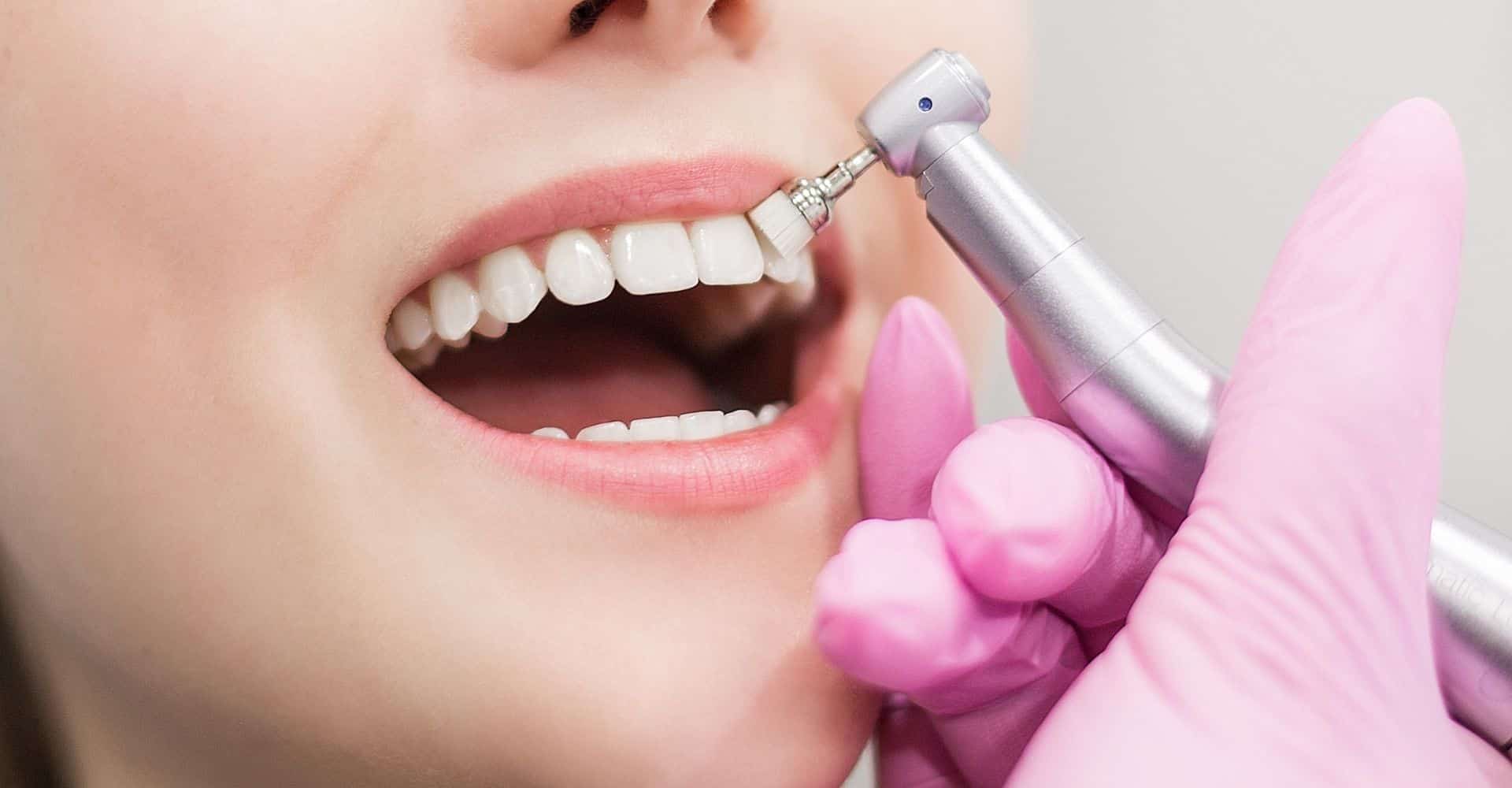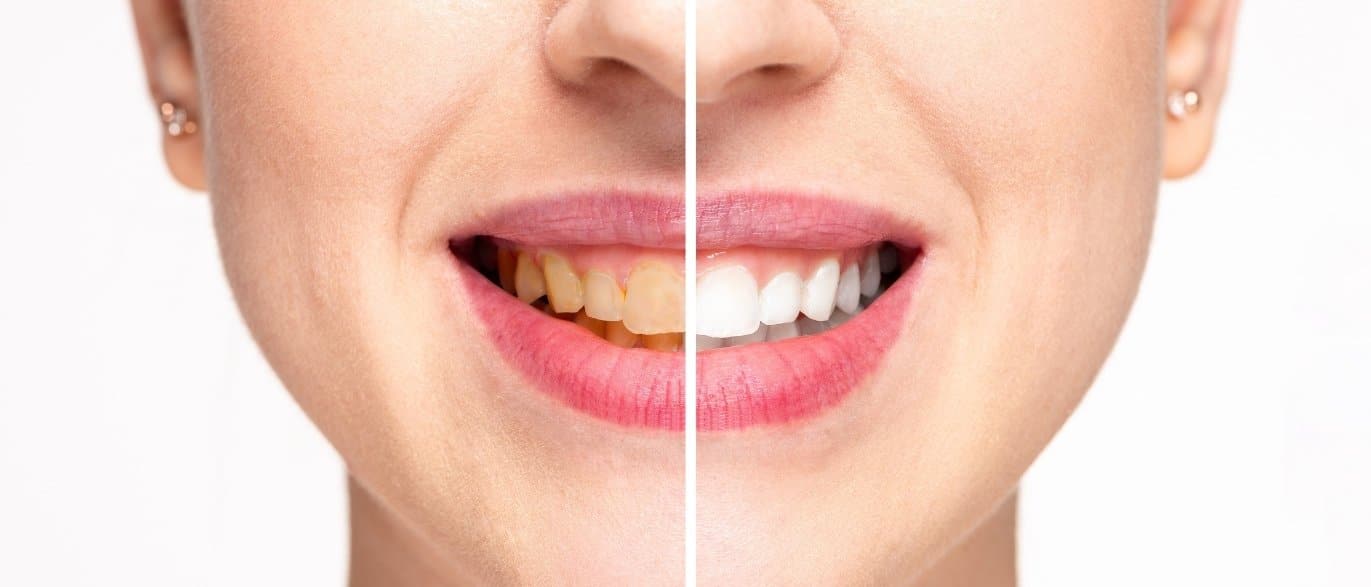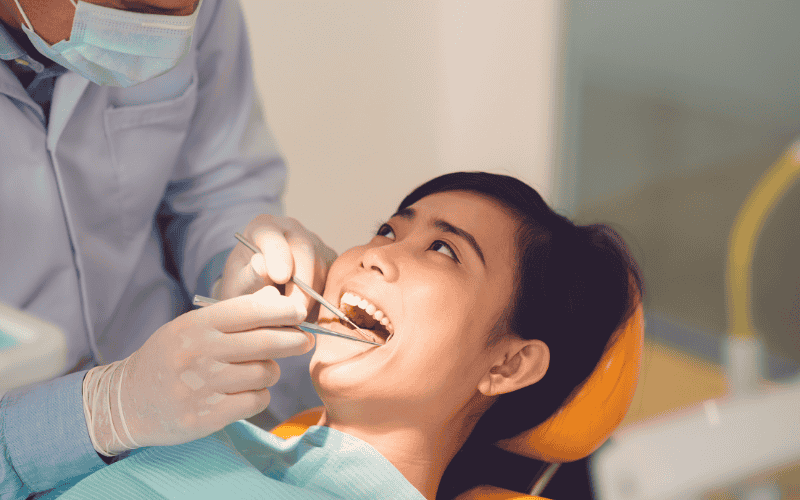Pearl Dental Blog

The Truths Behind Teeth Whitening
10 Teeth Whitening Myths That Are Wrong
There are some pretty bizarre myths behind teeth whitening out there. Here we compiled the 10 myths that will leave you gaping for the truth:
Myth 1: Teeth Whiteners Damage Tooth Enamel
The chemical compounds in over-the-counter teeth whitening products can be abrasive and cause enamel erosion if used too frequently or for too long. However, when used as directed and in moderation, the bleaching agents found in many teeth-whitening products are not dangerous to your tooth enamel.
Myth 2: All Teeth Whitening Products Are Created Equal
Not all teeth whitening treatments are created equal. Over-the-counter products may be cheaper, but they don’t offer the same results as professional treatments. Professional treatments use stronger bleaching agents and can penetrate deeper than store-bought brands. As a result, they may provide better results and longer-lasting effects.
Myth 3: Natural Remedies Are More Effective Than Store Bought Treatments
The truth is that while some natural remedies like baking soda or hydrogen peroxide can help to remove surface stains, they are less effective than store-bought treatments. Natural remedies can also be abrasive and increase the risk of enamel erosion if used too frequently or for too long.
Myth 4: You Can Whiten Your Teeth Once and Be Done
One of the most common myths about teeth whitening is that you can whiten your teeth once and be done. This is not true. While teeth whitening can be a great way to improve the appearance of your smile, it is not a one-time event. Teeth whitening treatments should be done periodically to maintain the desired effect. Additionally, lifestyle habits such as smoking, drinking coffee, and eating certain foods can cause teeth to become discolored over time, and therefore, teeth whitening treatments should be done periodically to keep a brilliant smile.
Therefore, teeth whitening strips may be a great choice for some people, but it is important to explore all the options available before deciding which one is best for you.

Myth 6: Teeth Whitening Is Painful
It is a common myth that teeth whitening is painful. In reality, teeth whitening is not painful and is actually quite comfortable. The whitening process involves a whitening gel being applied to your teeth, which may cause a mild sensation of warmth. This sensation is temporary and not painful. Professional in-office whitening treatments use special whitening gels and lasers to whiten your teeth quickly and effectively, and these treatments are also not painful. You may experience some minor sensitivity after the treatment, but any discomfort should go away within a few days.
Myth 7: Drinking Water After Eating Or Drinking Will Prevent Staining
Drinking water after eating or drinking will not prevent staining of teeth. In fact, it can only help if the water is consumed soon after the food or drink. This myth may have originated from the idea that the water will help to rinse away the food particles or substances from the teeth that may cause staining. However, water does not have the same cleaning power as a toothbrush or toothpaste. Therefore, it is important to brush and floss regularly in order to maintain white, healthy teeth.
Myth 8: There’s No Reason To Whiten Your Teeth If You Don’t Have A Problem With Stains
Many people believe there’s no reason to whiten your teeth if you don’t have a problem with stains. While it’s true that people with stained teeth benefit the most from whitening treatments, it’s actually beneficial for everyone to whiten their teeth. Not only does whitening make your teeth look better, but it can also help protect your teeth from decay by removing plaque and other bacteria from your enamel. Additionally, whitening can help protect your teeth from sensitivity, since it can reduce the amount of acid that builds up on the surface of your teeth. So while there’s no reason to whiten your teeth if you don’t have a problem with stains, there are plenty of other benefits to consider.
Myth 9: The Stronger the Bleaching Agent, The Better The Results
The myth that the stronger the bleaching agent, the better the results is a common misconception when it comes to teeth whitening. In reality, the concentration of the bleaching agent is less important than the amount of time it is in contact with the teeth. Too strong of a bleaching agent can cause irreversible damage to the enamel and even make the teeth more sensitive. Additionally, stronger bleaching agents may not be as effective as weaker ones, as the bleaching agent may be too harsh for the teeth to absorb. It is always recommended to consult a dentist to determine the best bleaching agent for your teeth and to ensure the safest, most effective whitening experience.
Myth 10: Everyone Can Benefit From Teeth Whitening Treatments
The popular belief that teeth whitening treatments only benefit those with especially yellow or discolored teeth is simply a myth. In reality, everyone can benefit from teeth whitening treatments regardless of the shade of their teeth. Even those with naturally white teeth can benefit from teeth whitening treatments, as the process can help to remove any surface stains that naturally occur over time. Teeth whitening treatments are also beneficial for those with sensitive teeth, as the process is typically gentle and does not cause any damage.
FAQs
A: The best teeth whitening product will vary from person to person depending on their individual needs. Over-the-counter products may be cheaper, but they don’t offer the same results as professional treatments. Talk to your dentist about what product or treatment is right for you.
A: It’s recommended that you wait at least six months between whitening sessions. However, this can vary depending on your oral hygiene and eating habits. If you’re using an over-the-counter product, make sure to follow the directions closely.
A: Most store-bought teeth whitening treatments are safe when used as directed and in moderation. However, talking to your dentist about your individual needs is important before using any product.
We hope this list has helped to debunk some of the most common teeth whitening myths and clear up any confusion you may have had about what’s true or not in terms of oral health. Talk to your dentist about professional teeth whitening treatments if you’re looking for an effective way to get a brighter smile.





